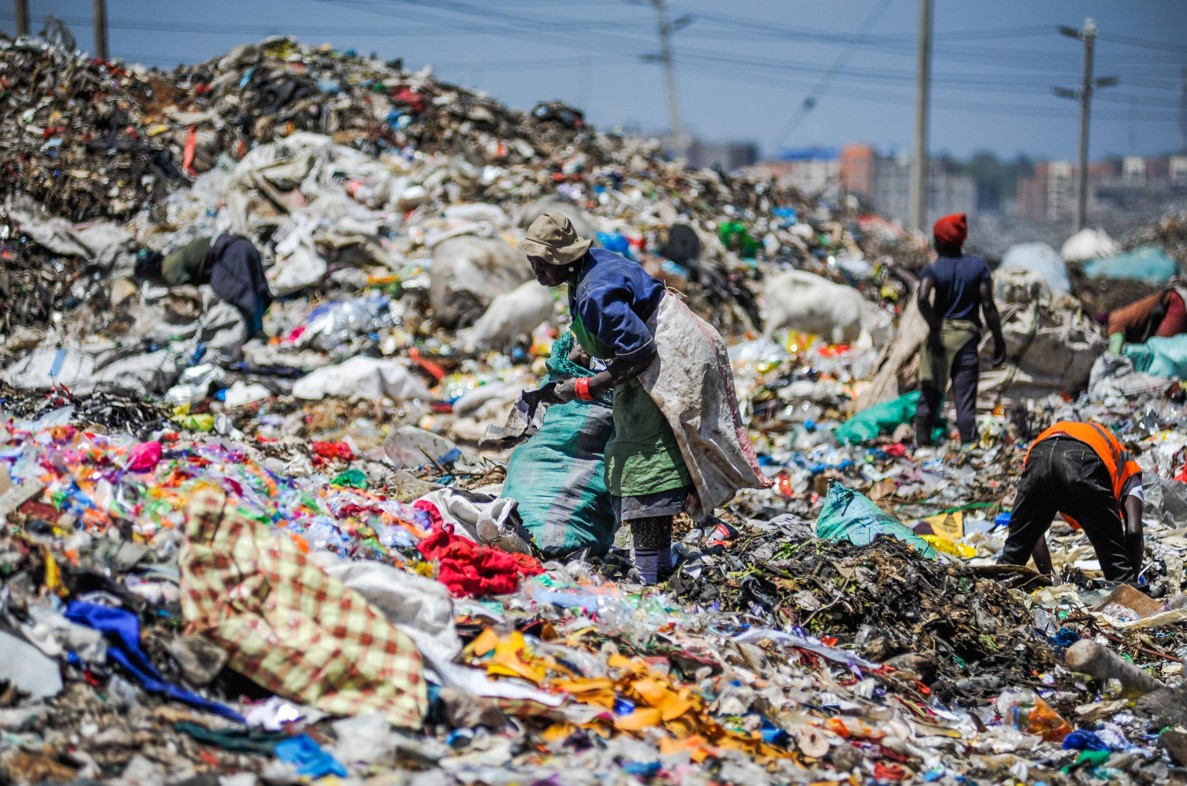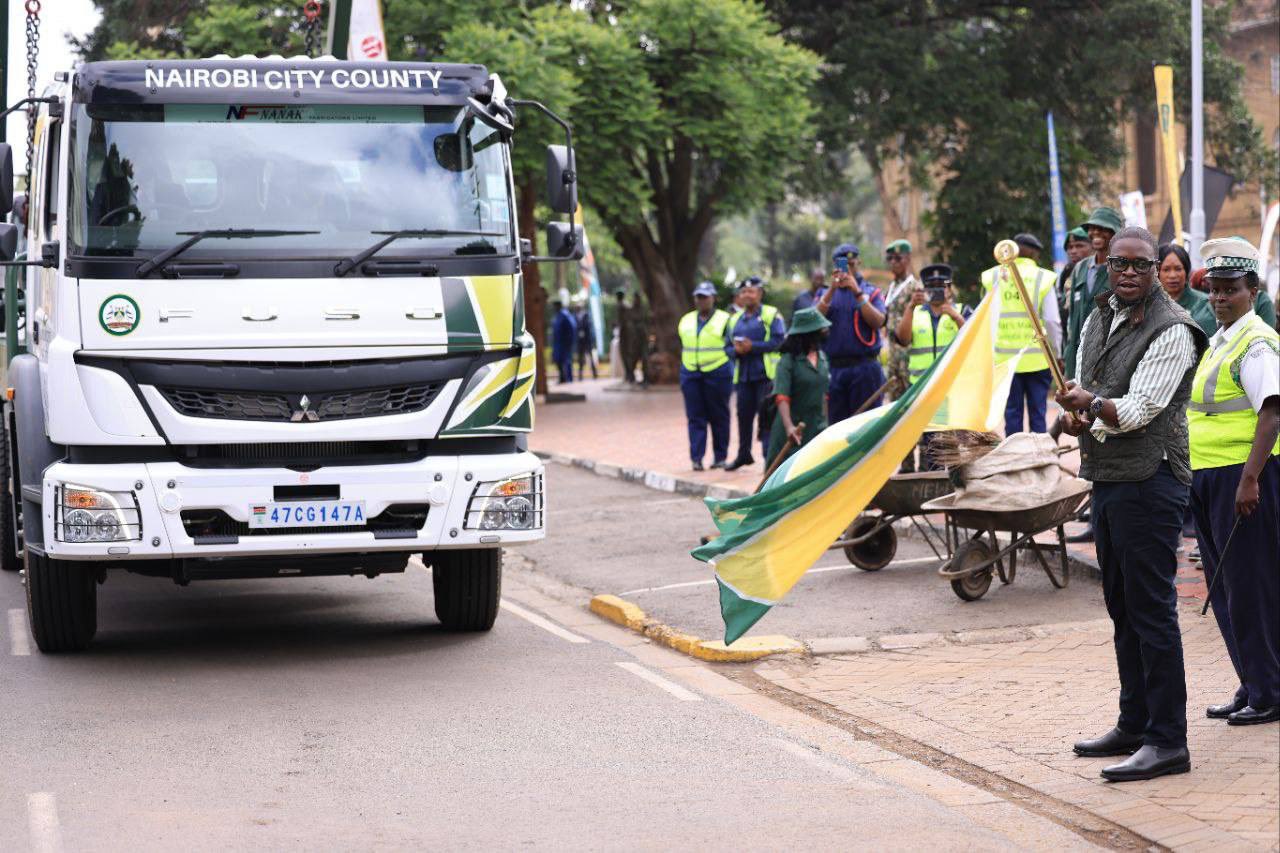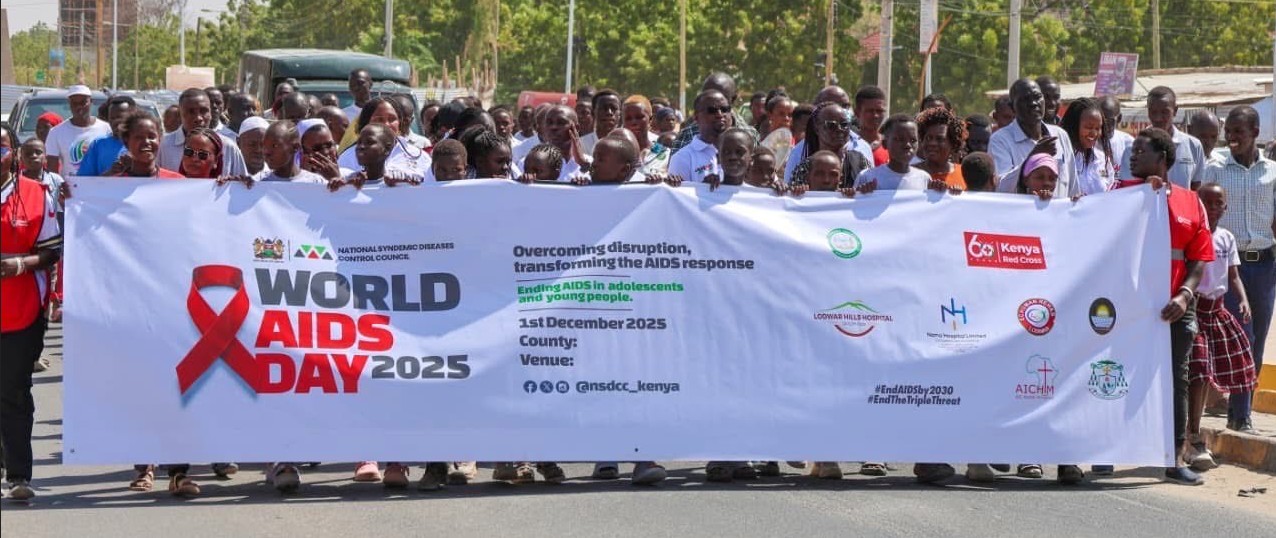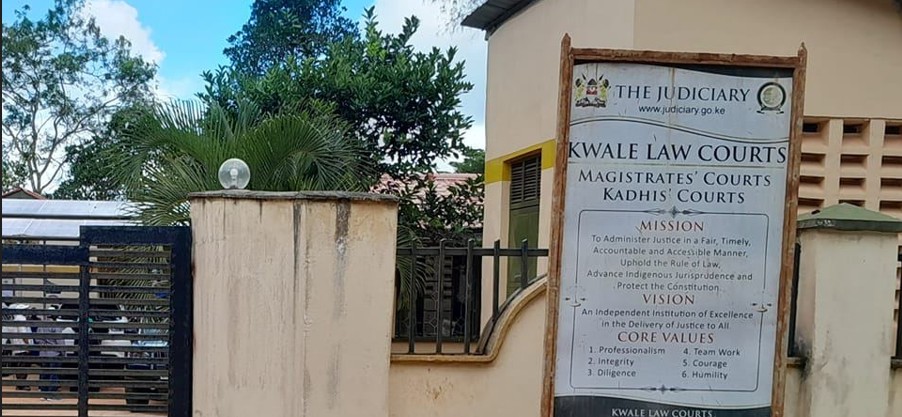City Hall to take over garbage collection from private firms from July

Governor Sakaja has blamed the private sector for the perennial garbage menace in the capital.
In a bid to centralise and streamline waste management within Nairobi, City Hall has announced plans to phase out private garbage collectors in the next financial year.
Acting County Secretary Patrick Analo on Wednesday stated that the plans will be rolled out in the next Financial Year 2024-2025 when the county will take over the exercise.
More To Read
- Governor Sakaja unveils six-borough structure to enhance service delivery
- City Hall moves to recognise urban farmers in policy review
- City residents say Nairobi's illegal billboard cleanup favours some areas over others
- Sakaja’s loan request for salaries draws ire from Nairobi MCAs for lack of details
- Motion filed seeking probe into irregular land allocation in Nairobi County
- Governor Sakaja moves Geoffrey Mosiria from Environment to Customer Service docket
"In our next financial budget we are rolling out a programme where we (County government) fully, almost 100 per cent, collect the garbage," he said.
"By taking full control of waste management, we aim to ensure consistent and reliable garbage collection services for all residents," he added.
Currently, close to 30 per cent of solid waste across the 17 sub-counties is collected by private waste collectors.
At the moment the county collects 3,200 tonnes of garbage daily the bulk of it is being done by City Hall.
Last month, Governor Sakaja blamed the private sector for the perennial garbage menace in the capital.
The county boss claimed that decisions by his predecessors to contract the private sector on garbage collection are the root cause of the garbage problem.
No supervision
According to Sakaja, garbage collection had turned out to be a business as it lacked supervision and order.
 Nairobi Governor Johnson Sakaja when he flagged off 50 skips and 10 loaders to aid in the city garbage collection. (Photo: X/Johnson Sakaja)
Nairobi Governor Johnson Sakaja when he flagged off 50 skips and 10 loaders to aid in the city garbage collection. (Photo: X/Johnson Sakaja)
"What happened before was garbage collection became a very lucrative business where contractors would be contracted to collect garbage and get paid based on the amount of garbage taken to Dandora," he said.
"There was a lot of gaming and because of that they (garbage collectors) would make sure the county capacity was low since they were paid to do that work. People were collecting garbage even from outside Nairobi, taking them to Dandora just to get paid."
Initially, garbage collection was in the hands of the Nairobi City Council, which collected 90 per cent of the waste generated in the city.
This was later scrapped, with several amendments to the city by-laws between the mid-80s and early 90s.
The then garbage collection industry came under the control of a handful of cartels, hence the menace
Despite what he termed as a 'few hiccups', Sakaja believes the county is not where his administration found it in terms of garbage.
However, he remains optimistic that Nairobi will be the cleanest city in East Africa.
"There has been great improvement in terms of the garbage menace since I got to office However it remains a challenge because of the cost of fuel and funds to pay people in the sector monthly," Sakaja said.
"But Nairobi is a service county and my administration will work towards making it a city of order and dignity, hope and opportunity for all as we sort out the garbage menace."
Top Stories Today













































